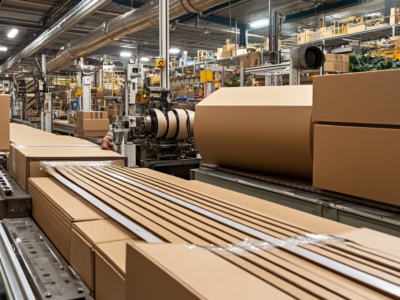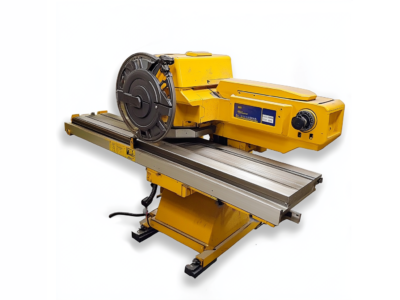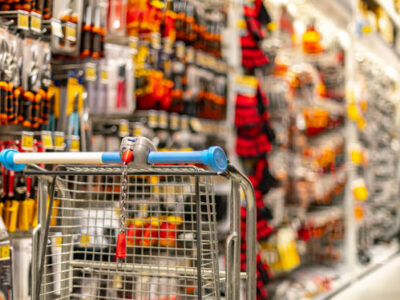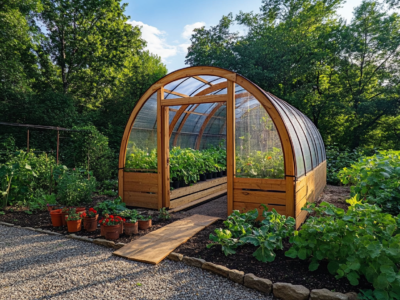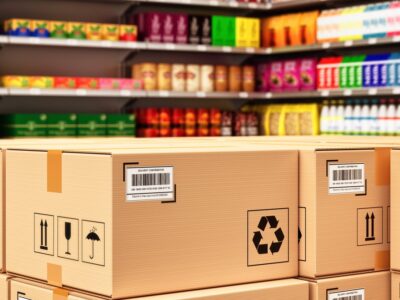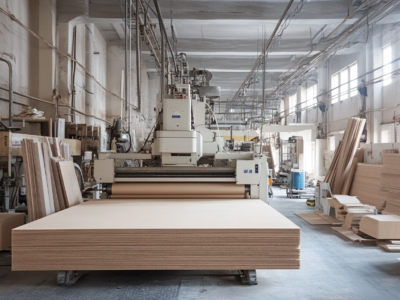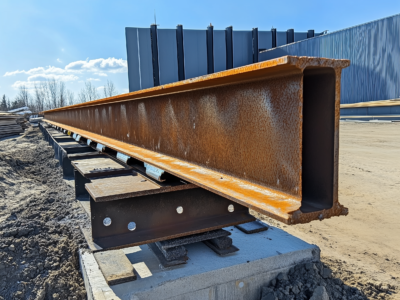Manufacturing
It’s been five years since the United Kingdom formally exited the European Union, and the effects on trade are no longer theoretical. For manufacturers and exporters in the Nordic and Baltic regions, the UK remains one of a key market — but navigating that relationship has evolved.
The UK continues to rank among the top 10 export destinations for many countries in the region. In 2024:
• Sweden exported €6.4 billion worth of goods to the UK, up 3% year-on-year. Key sectors included machinery, pharmaceuticals, and food products.
• Finland’s exports to the UK totaled €2.1 billion, including paper, chemicals, and electrical equipment.
• Denmark exported €4.9 billion to the UK, with pharmaceuticals accounting for nearly 40% of that.
• Lithuania and Latvia together shipped over €1.3 billion in goods, primarily in furniture, packaging, dairy, and electronics. Lithuania alone exported €940 million worth of goods to the UK in 2024 — up 6.2% compared to 2023.
But behind those numbers is a changed landscape. New customs formalities, VAT rules, and rules-of-origin requirements introduced by the Trade and Cooperation Agreement (TCA) have added costs and complexity. In a 2024 EU-wide survey, 57% of small exporters cited the UK as “one of the most difficult post-Brexit trade environments,” citing delays, paperwork, and rising compliance costs.
Baltic exporters, especially in food, timber, and packaging, have been particularly impacted by UK sanitary and phytosanitary (SPS) checks. These checks increased average delivery times by 2–3 days for fresh or perishable goods in 2023–2024, prompting some firms to switch to consolidated shipments or partner with UK-based intermediaries.
On the positive side, many exporters have adapted. Over 70% of mid-sized Nordic and Baltic exporters now rely on bonded warehouses or logistics hubs in the Netherlands, Belgium, or Ireland to simplify trade with the UK. Sweden and Denmark have led the way in using digital customs pre-clearance, shaving hours off delivery windows.
Meanwhile, UK consumer appetite for high-quality goods remains strong. Demand for Baltic modular timber homes has grown by 12% annually since 2020. Nordic food and beverage exports — especially premium seafood, oat-based dairy alternatives, and eco-friendly packaging — also continue to gain market share.
Looking ahead, the UK–EU Trade and Cooperation Agreement is due for formal review in 2026. Nordic and Baltic exporters should stay alert: this review could bring updates in customs procedures, digital compliance, or sector-specific rules — especially for machinery, chemicals, and food.
Five years in, Brexit hasn’t shut the door on UK trade — but it has forced exporters to become more agile, more strategic, and more deliberate. The UK may no longer be the simplest market for regional exporters — but it remains one of the most rewarding.

